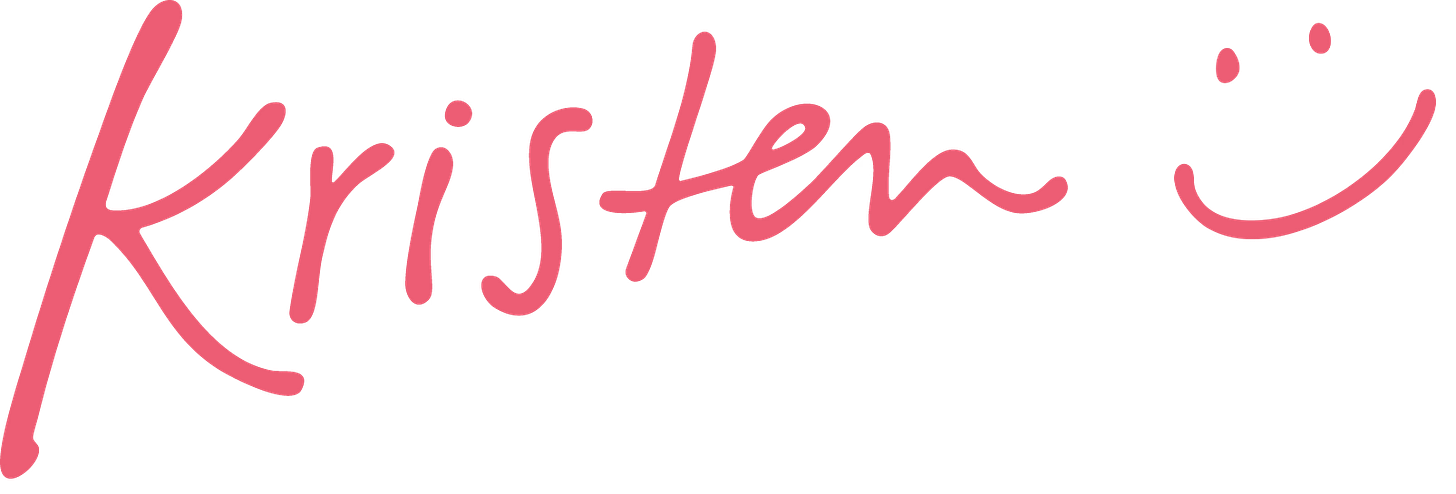As an editor, it is very easy for me to quickly read and correct anyone’s writing. So I used to say yes to almost every request I received…and regret it only a few minutes later. I just didn’t want to disappoint anyone, but it usually led to disappointing myself. I started taking more time to really consider how I felt about the favors or projects I was being asked to be a part of. And if it wasn’t a 100% yes, then it had to be a not this time - or ever!

I also ask myself if something will feel important to me in five minutes or even five years. If the answer is no, then I try to get out of it as painlessly and as quickly as possible and stop worrying about it.
I’m assuming if you’re reading this newsletter, you’re a creative person too. It might feel like writing or editing something quickly for someone else or doing any other kind of related favor isn’t a big deal. Luckily, it isn’t like you’re a dentist at a party and a stranger is asking you to peek at their teeth. Or you just feel very flattered to even be asked.
This is your permission to start listening to yourself.
When someone asks you for a favor and you don’t want to disappoint them, it is more important you don’t disappoint yourself. Of course, there are plenty of things we have to do that we don’t want to, but there are also so many things we do only because we feel guilty.
Saying no isn’t about being difficult. It is about protecting your creative energy. It’s about creating space to say yes to the right projects, the right people, and whatever else you need to feel healthy and whole and stay on your chosen path.
Also, just a “no” is enough. You don’t have to explain it. You’re not just a writer—you’re a person with limits, values, and vision.
And every time you say no to what drains you, you’re saying yes to yourself and your craft.
Writers, what have you learned to say no to? I’d love to hear your thoughts!
Until next time,
Gentle reminder: Inside An Editor’s Brain is kept afloat by paying subscribers who support this work.
If you like this newsletter and have the means, please consider becoming a paid subscriber. Plus, you’ll get access to our exclusive subscriber chat as well as monthly bonus videos on various writing related topics. It’s like having your own personal editor in your phone.




Saying "No" is aligned with personal boundaries. One of my favorite boss's often said, "No is a perfectly acceptable answer." We don't always have to act on everything someone asks us to do. We may not have time, don't feel comfortable with the request, or don't like or respect the person enough to act on a request from them. Our long term survival rests on knowing when to say "yes" and when to say "no." Like so many things, experience is the best teacher on what answer to give. At any rate, we always have a 50-50 shot at getting it right.
It's taken me decades to learn this...and I'm still not very good at it – but getting better. :-)
Thank you for the reminder.